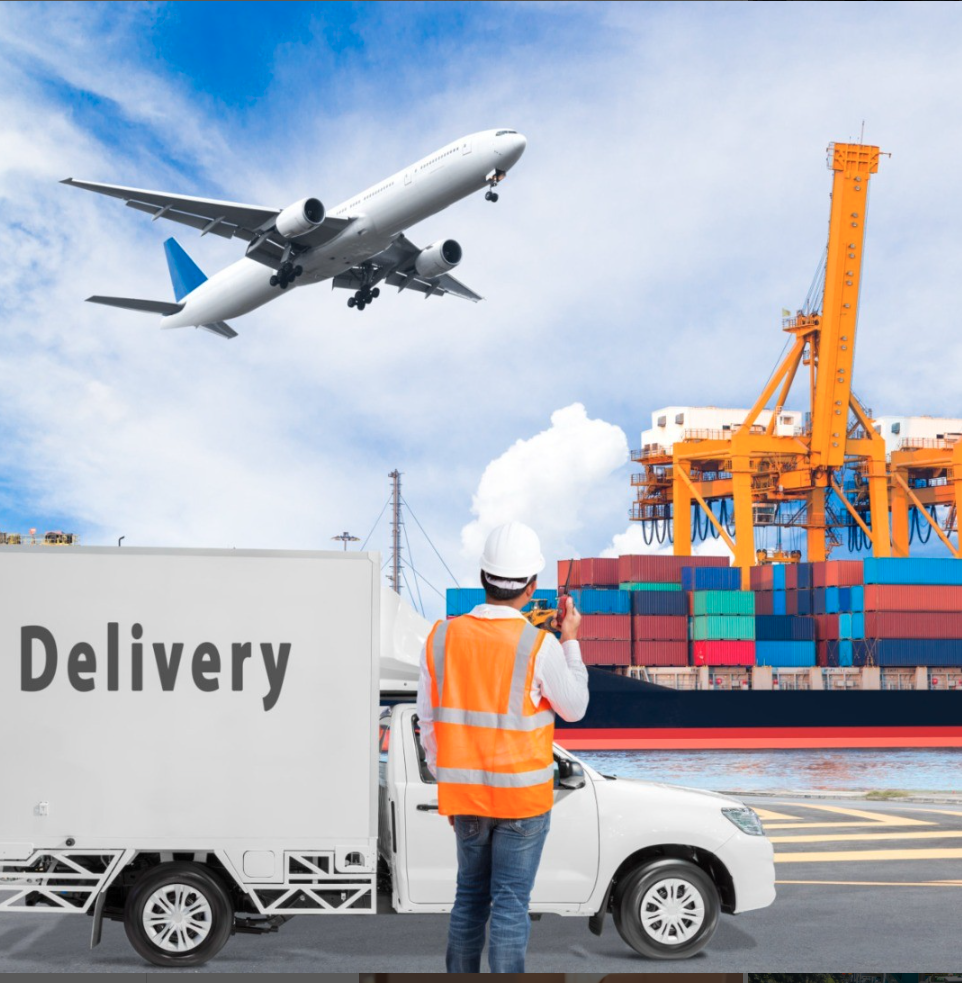In today’s fast-paced world, consumers and businesses alike expect timely and reliable delivery services. The logistics industry has evolved significantly to meet these demands, with advanced tracking technologies playing a crucial role in enhancing customer satisfaction and improving operational efficiency. Real-time tracking systems have transformed the way courier companies operate, providing transparency and reliability that both customers and service providers value highly.

Real-time tracking allows customers to monitor their shipments at every stage of the delivery process. From the moment an order is placed until it arrives at its final destination, clients can access detailed information about their packages. This level of visibility eliminates uncertainty—one of the biggest pain points for consumers when using courier services. Customers no longer need to wonder where their package is or when it will arrive; they can simply check the tracking system for up-to-the-minute updates. This immediate access not only enhances customer trust but also fosters a sense of control over their purchases.
Moreover, real-time tracking reduces anxiety associated with waiting for deliveries. For many individuals and businesses, receiving goods on time is critical. When delays occur, they can disrupt plans or operations significantly. With advanced tracking technologies, courier companies are better equipped to inform customers proactively if there are any issues along the route—such as traffic delays or adverse weather conditions—that may affect delivery times. By keeping clients informed through notifications via SMS or email alerts, companies demonstrate accountability and commitment to service excellence.
Operationally speaking, real-time tracking improves efficiency within courier companies by streamlining processes from dispatching to last-mile delivery. Advanced GPS technology enables logistics providers to optimize routes based on current traffic patterns or road conditions automatically. This optimization minimizes fuel costs while ensuring faster deliveries—an essential factor in maintaining competitiveness in this sector.
Furthermore, data collected from real-time tracking systems allows businesses to analyze performance metrics effectively. Companies can identify bottlenecks within their operations by examining historical data related to delivery times and customer interactions with trackers; this insight aids organizations in making informed decisions about resource allocation or identifying areas needing improvement.
Another significant advantage of adopting real-time tracking technology is enhanced communication between stakeholders involved in shipping processes—the sender (shipper), receiver (buyer), and carrier (courier). By integrating all parties into one digital platform where information flows seamlessly back-and-forth regarding status changes throughout transit periods creates a collaborative environment that encourages problem-solving together should complications arise during transport stages.
In addition,
advanced technologies such as IoT devices provide opportunities for further innovation beyond just basic GPS functionalities alone—they enable temperature monitoring capabilities vital for sensitive items like pharmaceuticals requiring specific climate controls during shipment procedures too!
